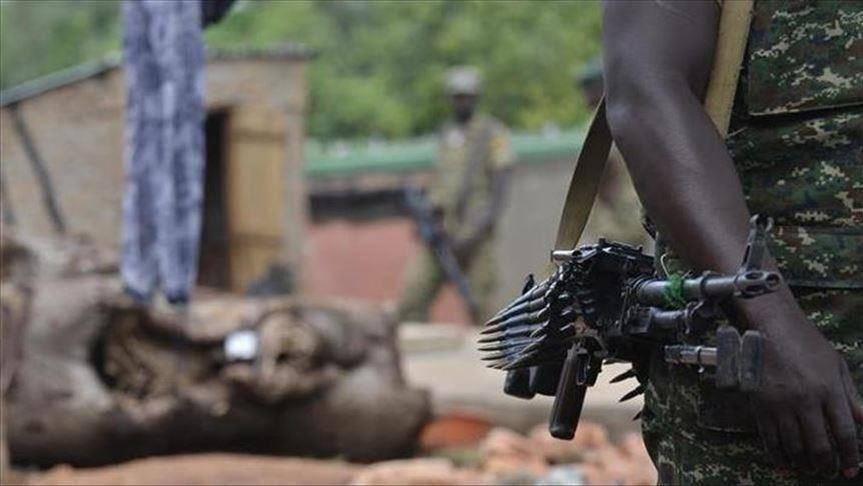Despite ongoing tensions between Bujumbura and Kigali, the Burundian army claims to have killed over 100 FLN rebels during operations in Kibira Forest, located in Cibitoke Province. The large-scale military campaign followed the FLN’s refusal to join Burundian forces deployed in the Democratic Republic of the Congo (DRC), marking a significant development in efforts to dismantle armed groups along Burundi’s western border.
According to military sources, Burundian forces launched two major offensives against the FLN (Front de Libération Nationale) between March and early May in the Kibira forest, Mabayi commune, Cibitoke province. The operations reportedly resulted in the deaths of more than 100 rebel fighters. Nearly ten Burundian soldiers also died in the clashes.
The conflict was triggered by the FLN’s refusal to support Burundian troops fighting the M23 rebellion in the DRC. A military commander said the operations were carefully planned following what was seen as a betrayal.
“We encircled their camp during the night. They had heavy weapons but were poorly organized. The element of surprise helped us overpower them,” explained a Burundian army captain stationed in Kumuzungu, Gafumbegeti Hill, in the Butahana area of Mabayi.
The heaviest fighting occurred on March 8–9 and again over the weekend of May 3–4, 2025. About 30 rebels were captured and taken to Bujumbura for questioning. Several others, wounded, were found in the forest.
“Some fled as soon as fighting began, while others fought to the end. We even found some injured left behind by their own comrades,” a soldier recounted.
Military authorities reported seizing nine Kalashnikov rifles, two automatic pistols, and a cache of ammunition. The captured rebels said they had left eastern DRC after refusing to fight alongside the FARDC (DRC’s national army), the FDLR (Democratic Forces for the Liberation of Rwanda), the Wazalendo militia backed by Kinshasa, and approximately 10,000 Burundian soldiers. President Évariste Ndayishimiye confirmed on France 24 that Burundian troops remain in South Kivu, though he did not specify the number.
“Their defection was considered treason. They were given an ultimatum, but chose to flee to the Kibira instead,” said a senior Burundian officer under anonymity.
In Mabayi, where residents have long suffered from FLN-linked abuses such as theft, extortion, and rape, the military intervention was welcomed. Locals expressed hope for lasting peace.
“We saw the bodies in the forest—it was terrifying. We just want this to end,” said a resident of Gafumbegeti.
Mabayi’s municipal administrator, Jeanne Izomporera, confirmed the scale of the operation and said the bodies of the rebels were quickly buried to prevent health hazards.
“We commend the efforts of our defence forces. What people want now is to live in peace,” she said.
The Burundian army has pledged to continue its campaign until all armed groups in the region are eliminated.
“There will be no safe haven for rebel groups in Kibira. That is our promise to the people,” said the army’s Commander-in-Chief of Operations.
This military campaign unfolds amid sustained diplomatic strain between Burundi and Rwanda. In January 2024, Bujumbura shut its land borders with Kigali, accusing Rwanda of supporting rebel groups and sheltering suspects involved in the failed 2015 coup against former President Pierre Nkurunziza.
Over the past three years, several prominent CNDD-FDD party figures, local administrators—including former Mabayi leader Nicodemus Ndahabonyimana—Imbonerakure youth leaders, and businessmen allied with the regime have been arrested. They are suspected of collaborating with the FLN and FDLR, both of which oppose the Rwandan government.
The regional conflict also has economic dimensions, especially over control of illegally mined gold in the Kibira Nature Reserve—an area long at the heart of territorial and political tensions.
Today, Kibira Forest remains under tight military watch. Authorities have vowed to restore peace and assert long-term control over the area.



